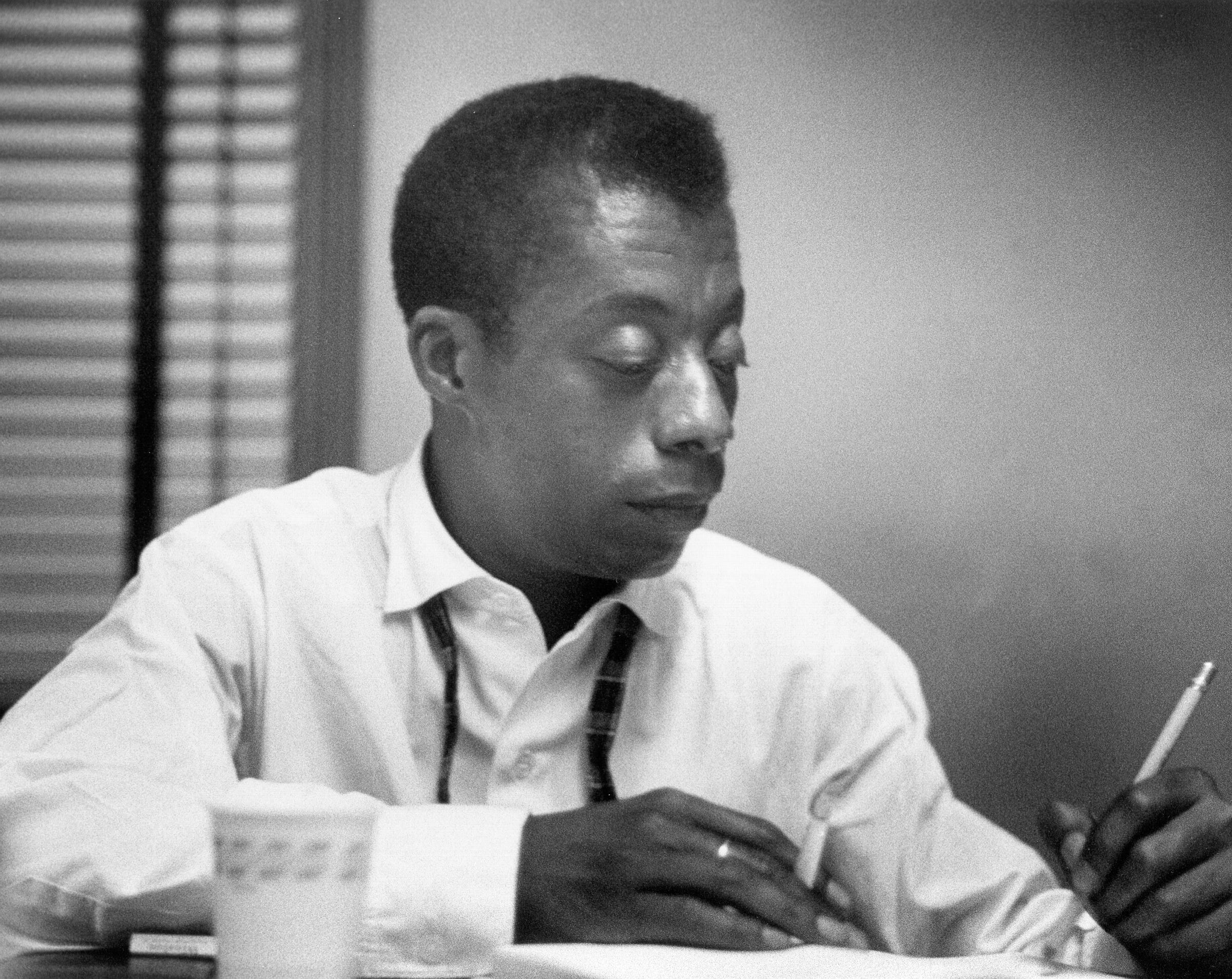“When you’re writing, you’re trying to find out something which you don’t know. The whole language of writing for me is finding out what you don’t want to know, what you don’t want to find out. But something forces you to anyway.” — James Baldwin
Welcome to the fifth and final day of Essay Camp!
My dear …



